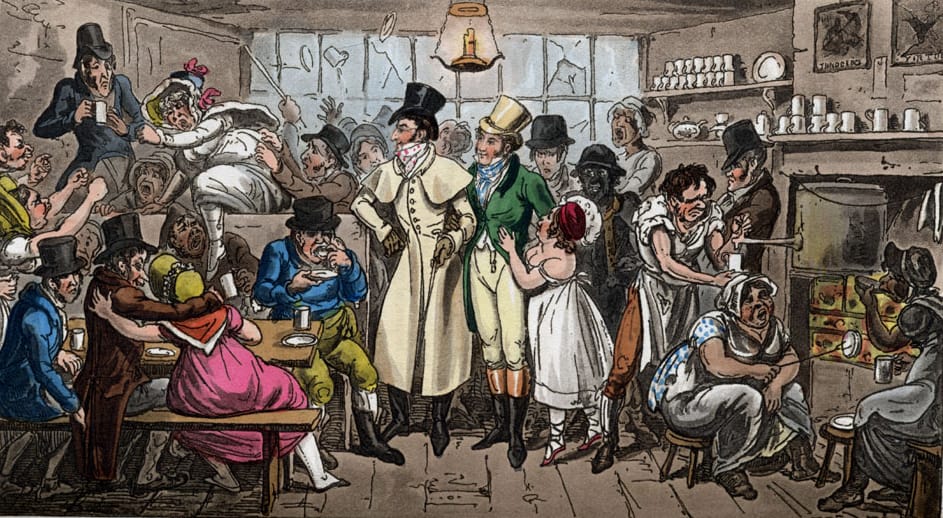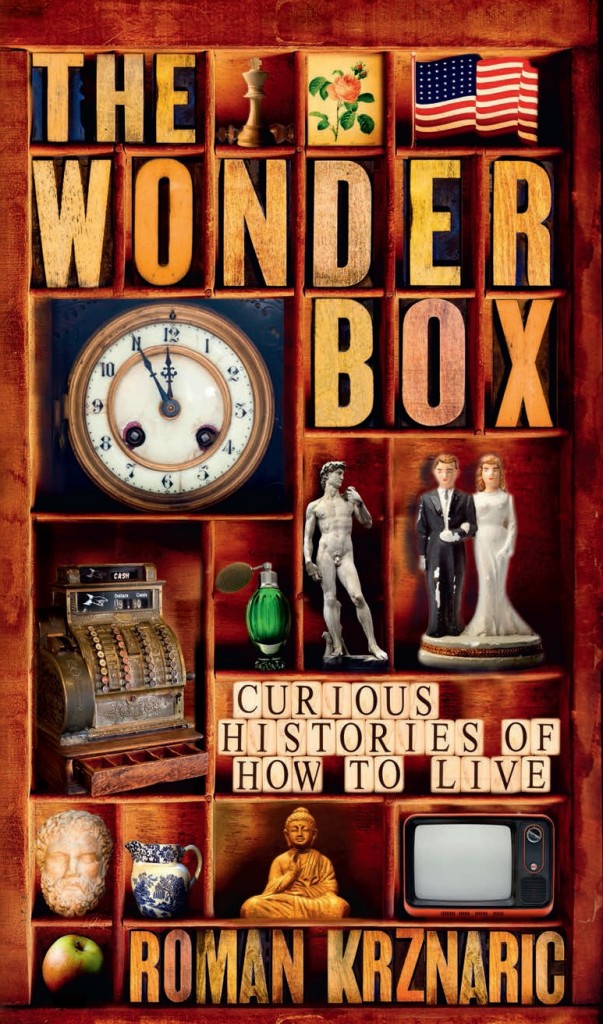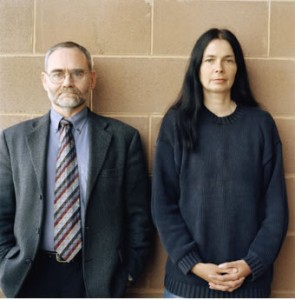 Ready for a digital diet in 2012? In this article just published in the Independent on Sunday – and based on my new book The Wonderbox: Curious Histories of How to Live – I argue why we need less electro-chatter and more thoughtful, face-to-face conversation. (You’ll also find out why Dr Samuel Johnson is the most disastrous conversationalist in British history.)
Ready for a digital diet in 2012? In this article just published in the Independent on Sunday – and based on my new book The Wonderbox: Curious Histories of How to Live – I argue why we need less electro-chatter and more thoughtful, face-to-face conversation. (You’ll also find out why Dr Samuel Johnson is the most disastrous conversationalist in British history.)
There is a crisis in the art of conversation, and it’s making us hungry. On the one hand, we face a famine of quality conversation in our relationships. The typical British couple spends more time watching television together – on average, 55 minutes a day – than talking to each other. And the most common reason given for divorce in the West is wives complaining that their husbands don’t speak or listen to them.
On the other hand, thanks to technology, we are awash with superficial talk. Think of all the staccato texts and Facebook posts sent last year – how many of those words really added depth and meaning to our lives? We’re stuffing ourselves with chatter, but ending up starved of the quality conversation that Socrates savoured.
So should 2012 be the year to put ourselves on a digital diet, as several self-help gurus have suggested? Is it time to worry less about inches on our waistline and more about our hours online?
Read the full article here.






